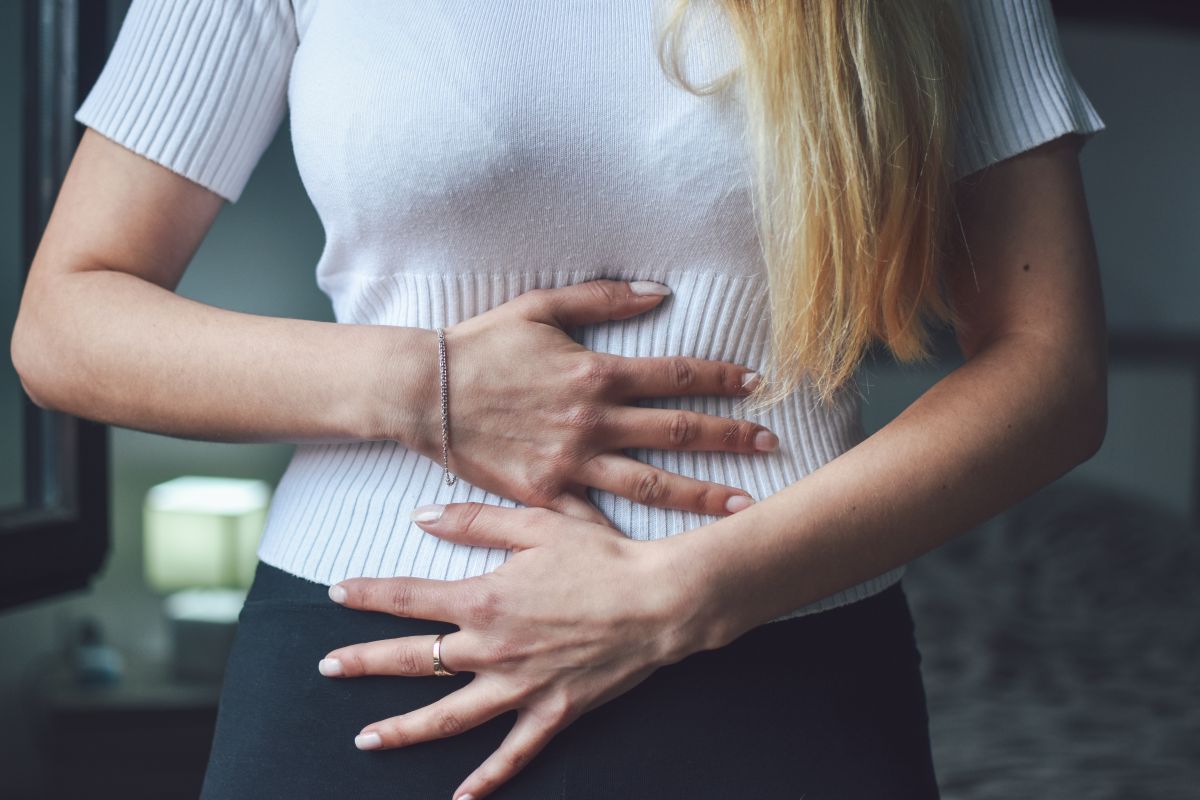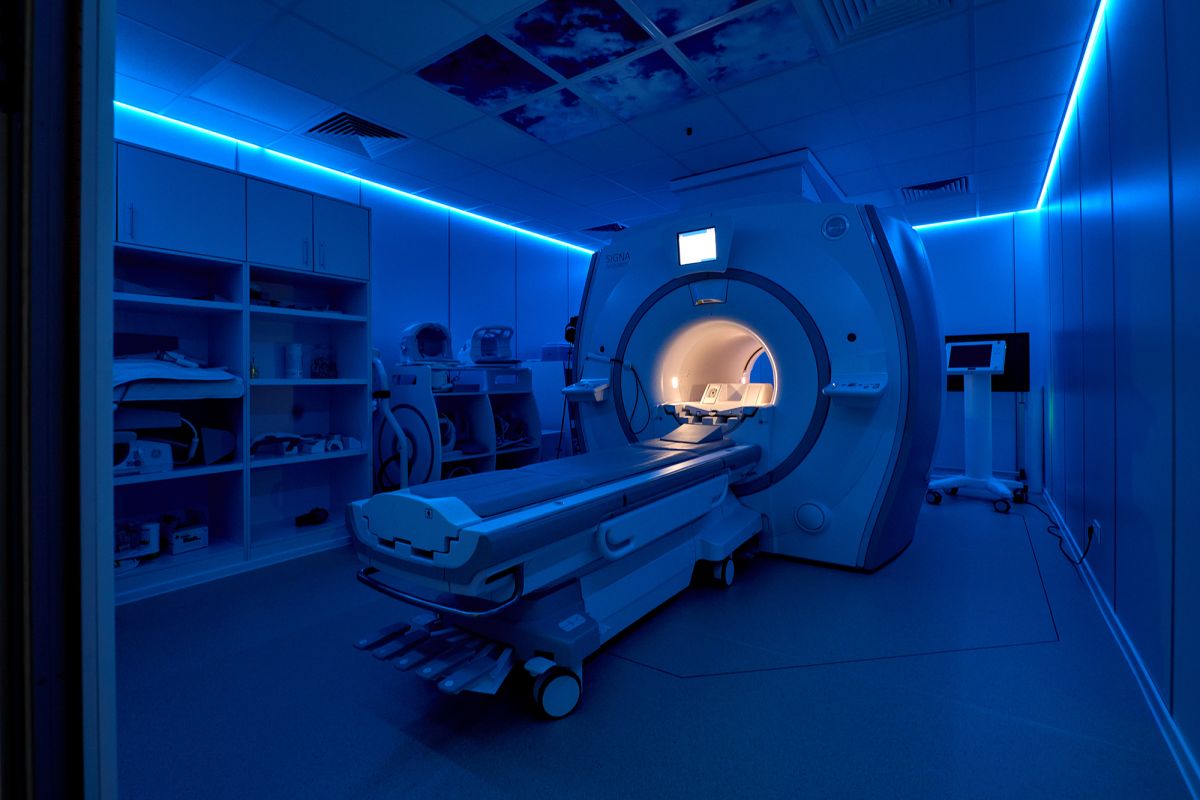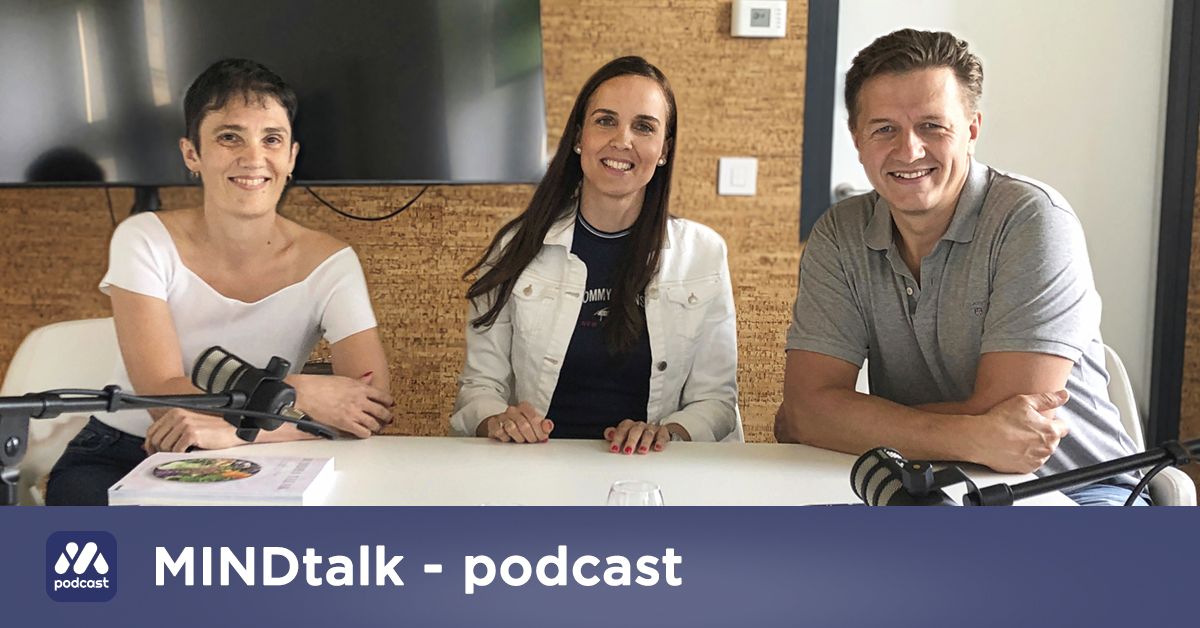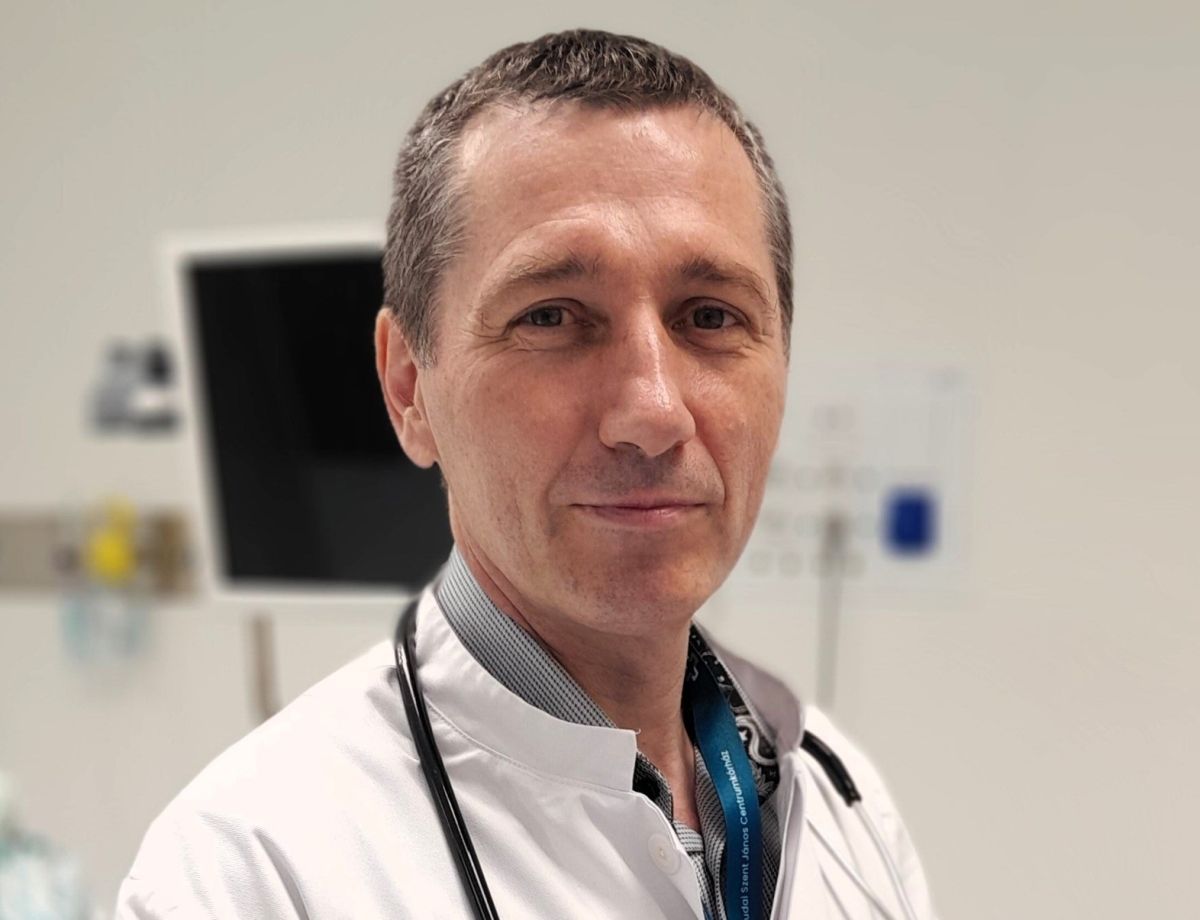Thanks to the latest molecular diagnostic procedures, our knowledge of the normal flora is growing rapidly. The next-generation sequencing technology meant a great breakthrough in recognizing the microbiome. Using the earlier breed method, only about 1% of the gut flora known today could be identified. However, in the last decade, the knowledge about the connection of microbiome and digestive disorders has multiplied. Today, mechanisms are also known: how the gut flora affects the normal bowel function and how the altered microbiome influences the development of digestive disorders.
What does the microbiome affect?
Firstly, microbiome affects gastrointestinal motility, that is, the mechanism of bowel movement, which has an effect on the transit time of gastrointestinal contents, therefore, on the development of diarrhea or constipation.
Secondly, the changes of microbiome affect the sensitivity of the viscus. Increasing sensitivity (hypersensitivity) appears as tympany or abdominal pain. Based on the professional literature, the difficulties of the development of healthy gut flora in the early childhood later result in the increased sensitivity of the viscus.
Thirdly, the bacterial end-products produced during the subsistence of the gut flora affect the behavior of the excretory system. Substances deriving from braking down polysaccharides and bile acids are able to stimulate the transmission of ions, that is, their secretion, which is followed by the excretion of water, resulting in the development of diarrhea.
Visit MIND Clinic if:
you often suffer from tympany
you have digestive disorders
you often have diarrhea or constipation
your digestive disorders developed after an antibiotic treatment
you have been diagnosed with Irritable Bowel Syndrome but the treatment did not have a satisfactory result.
Our experts will see you in an exclusive environment using the latest medical solutions or you can consult with them online.
Take the first step towards your recovery: book an appointment by calling us on +36 70 905 30 80 or write an email to idopont@mind.hu.






